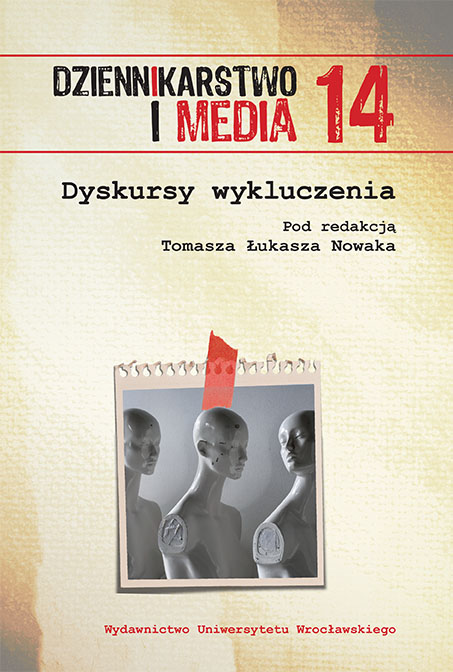

Dyskursy wykluczenia

The article looks at the phenomenon of discriminatory rhetoric, which today has become the main tool that excludes homosexuals. The new language of public debate, whose examples come from the public space and media or journalism, are identified with the policy of “good change” implemented since 2015 by the political party of Law and Justice. Analyzing the language of “good change”, I used the diagnoses from Katarzyna Kłosińska and Michał Rusinek. The examples described in the work additionally illustrate the causative and performative nature of discriminatory rhetoric, which contributes to the emergence of specific social practices: it turns from language into acts that threaten non-heteronormative people. The interpretation I undertook was applied using the theories of Judith Butler and Louis Althusser. Pointing to the dangerous effects of hate speech of discriminatory rhetoric, I refer to Jacques Derrida’s concept of hauntology, and I identify described examples with the fascist practices from the past.